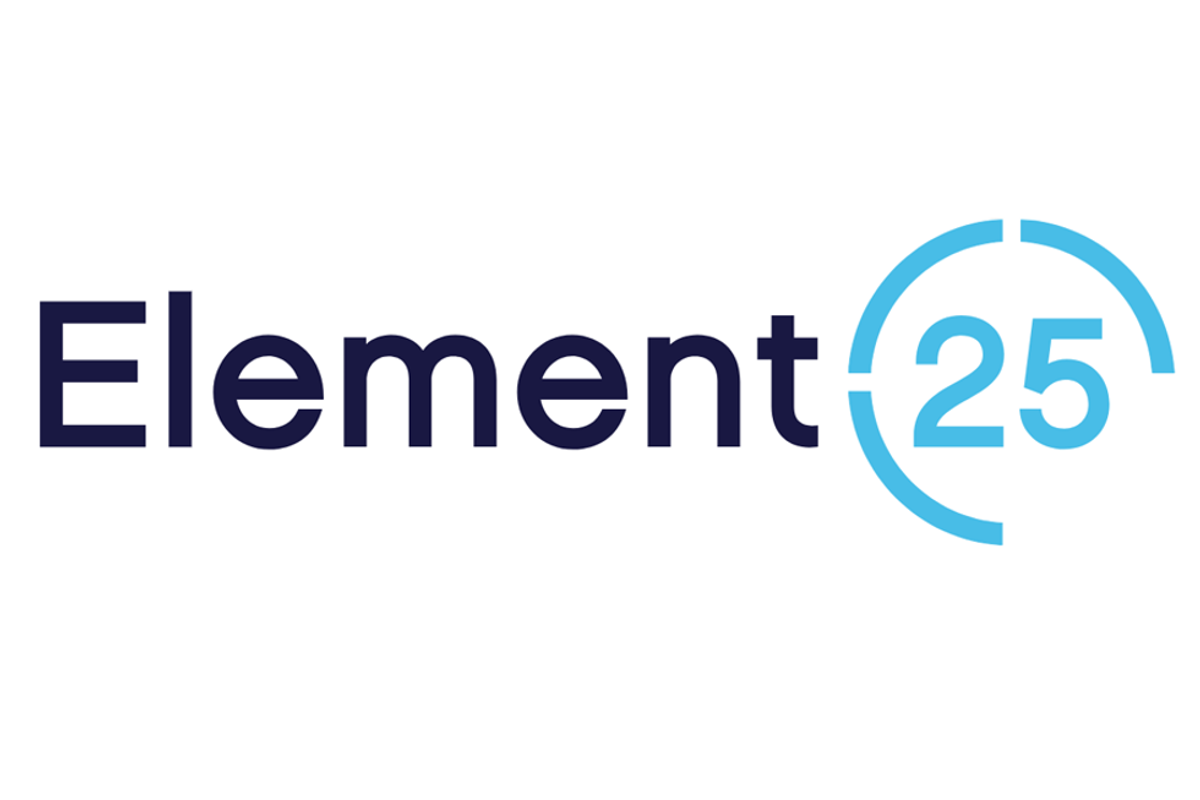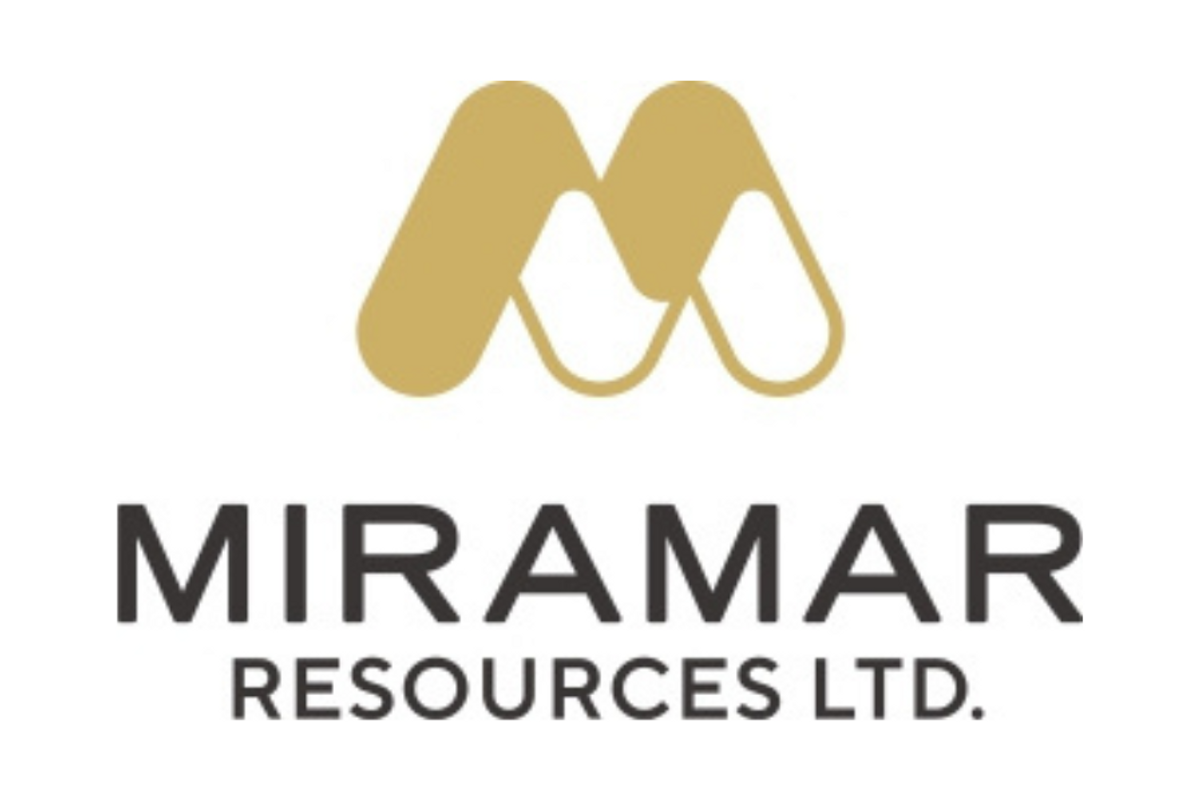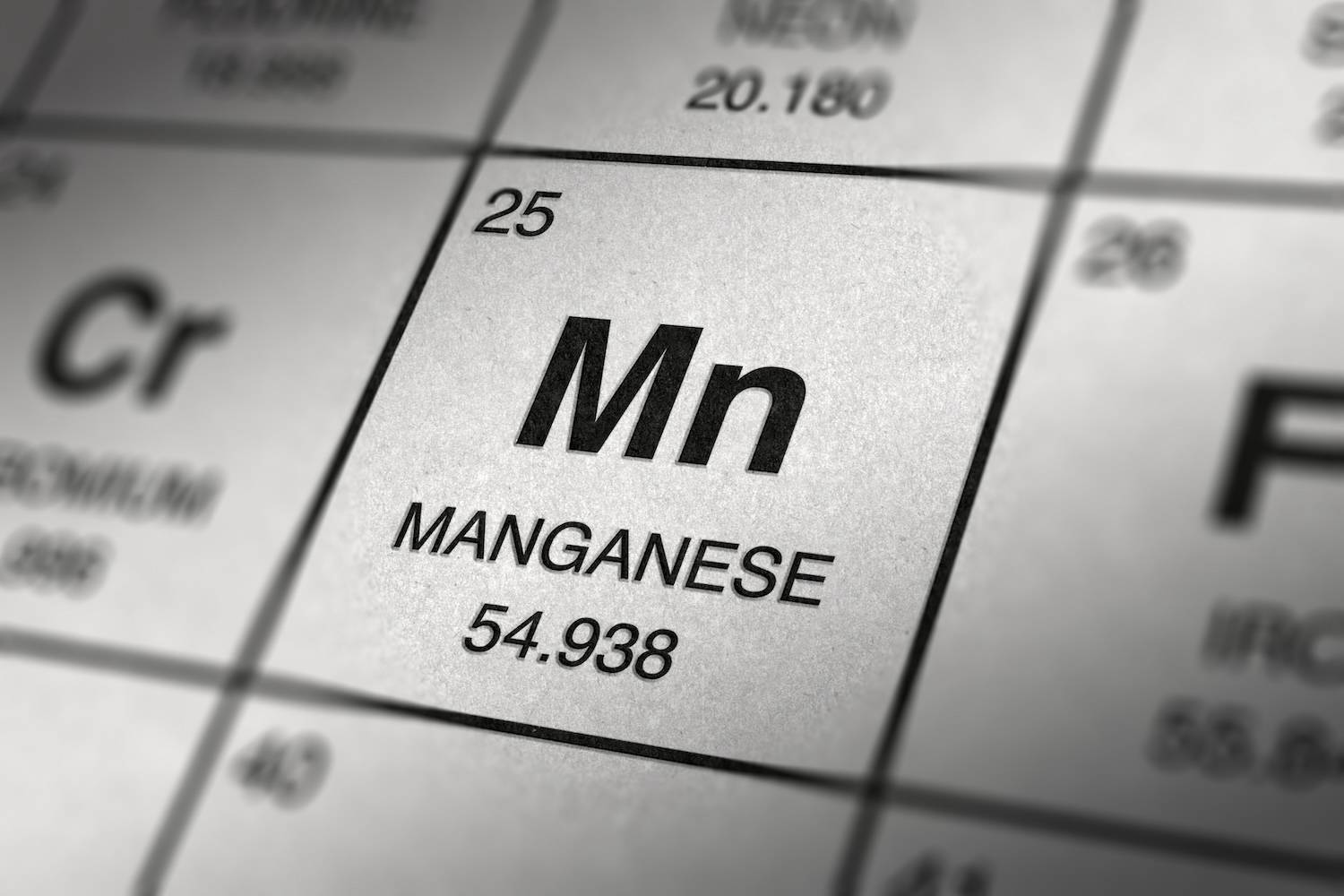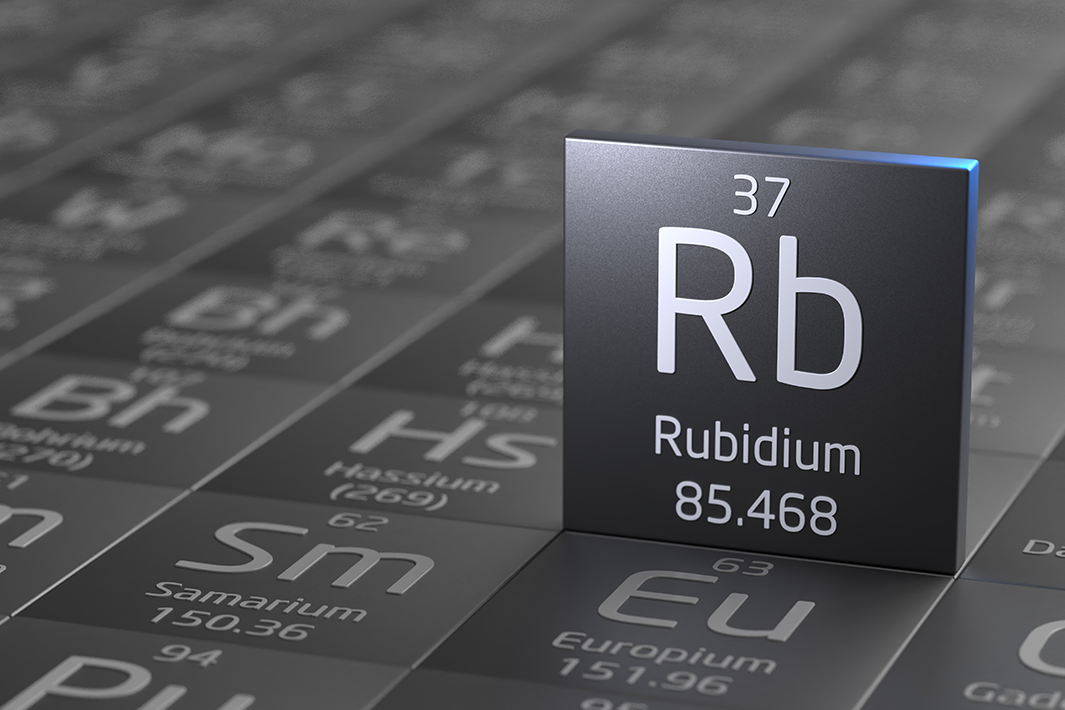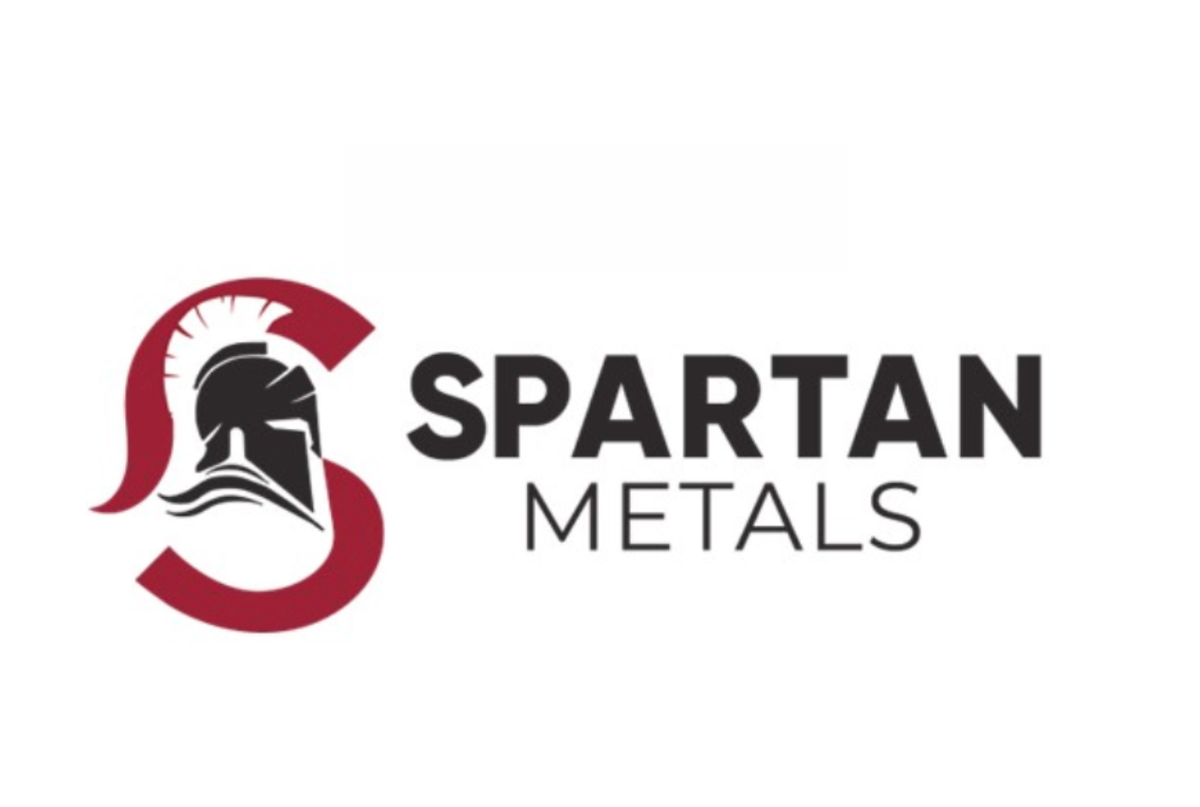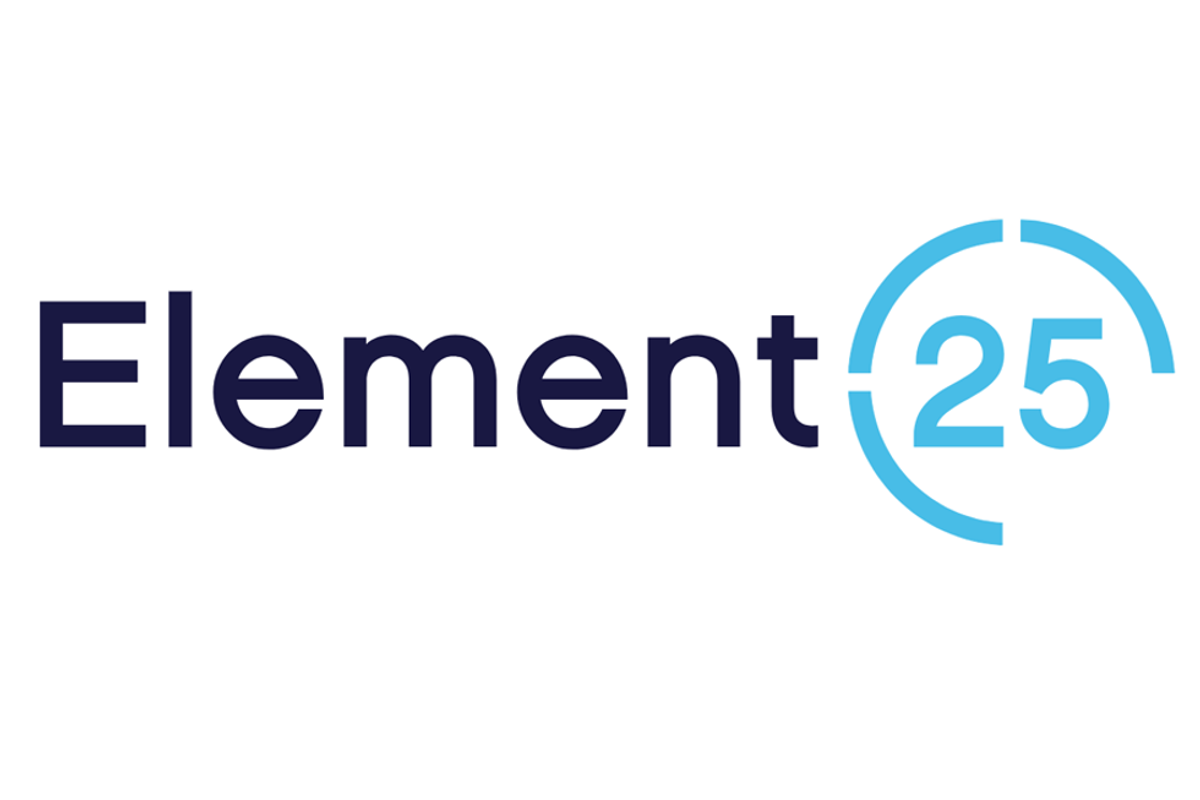
May 16, 2024
Element 25 Limited (E25 or Company) (ASX: E25; OTCQX: ELMTF) is pleased to advise that resource infill drilling has commenced at the Company’s 100%-owned Butcherbird Manganese Project (Butcherbird or Project). E25 recently completed a Feasibility Study (FS) to expand the processing facility at Butcherbird to support manganese concentrate production of 1.1 million tonnes per annum1. The current reserve is constrained by the drill hole spacing in the inferred resource areas.
The additional drilling will provide infill data aimed at converting the inferred resources to indicated or measured categories to support the re-estimation of mine reserves. The increase in the “reserve tail” may open the project up to a wider range of potential financiers in addition to NAIF, who are currently undertaking due diligence2.
HIGHLIGHTS
- Programme comprises approximately 209 percussion drill holes for 6,270m targeting infill of existing inferred resources.
- Drilling to potentially extend current reserves of 7.2 years at 1.1M tpa concentrate production.

The Project hosts a global resource of over 260Mt of manganese ore3 however the current reserves are limited to the areas which have been drilled out to a sufficient density to support measured and indicated classifications which are required as the basis for a statement of reserves. The current drilling programme has been designed to infill existing inferred resources to a sufficient data density, based on variographic analysis, to convert the inferred resources within granted mining lease M52/1074 to indicated and/or measured.
Note: There is a low level of geological confidence associated with inferred mineral resources and there is no certainty that further exploration work will result in the determination of indicated mineral resources or that the production target itself will be realised.
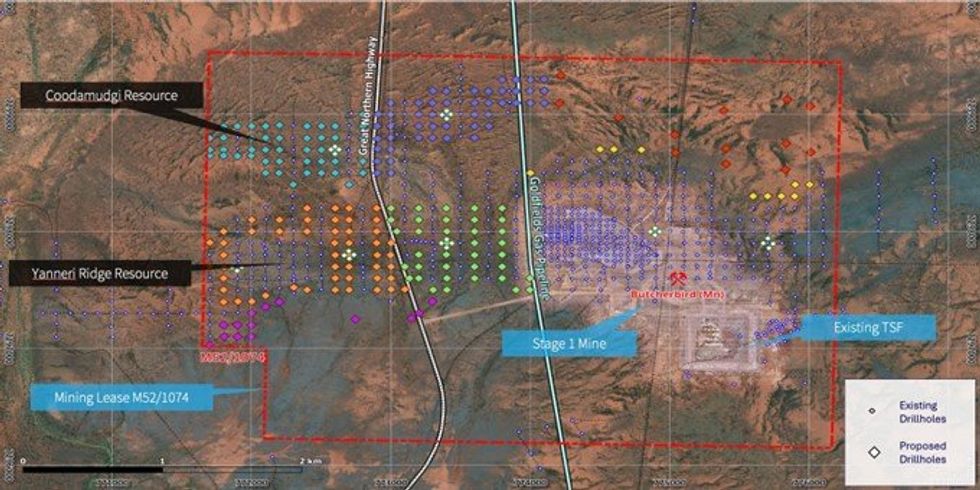
At the completion of the programme, the new drilling combined with historical data will be used to recalculate the resource base to support a recalculation of the proved and probable reserves with the aim of supporting a longer mine life to support project financing activities for the Butcherbird Expansion Project.
The drilling programme is expected to take approximately four weeks. Samples will be submitted for assay and database integration, which will be immediately followed by a recalculation of resources and reserves.
Element 25 Managing Director Justin Brown said:
“This drilling programme will allow the global resource at Butcherbird to be recalculated with a higher degree of certainty which is expected to result in a signification conversion of inferred resources to measured and indicated which will support project financing by increasing the reserve tail beyond that covered by the existing 7.2 year mine life.”
Click here for the full ASX Release
This article includes content from Element 25 Limited, licensed for the purpose of publishing on Investing News Australia. This article does not constitute financial product advice. It is your responsibility to perform proper due diligence before acting upon any information provided here. Please refer to our full disclaimer here.
E25:AU
The Conversation (0)
14 August 2023
Element 25
Australia’s Largest Manganese Resource Driving Multiple Growth Pathways Towards a Zero-Carbon EV Battery-grade Manganese Future
Australia’s Largest Manganese Resource Driving Multiple Growth Pathways Towards a Zero-Carbon EV Battery-grade Manganese Future Keep Reading...
21 April 2024
Goldfields Exploration Update
Miramar Resources Limited (ASX:M2R, “Miramar” or “the Company”) is pleased to provide an update on gold exploration activities within the Company’s strategic Eastern Goldfields project portfolio. RC drill hole completed under high-grade Blackfriars gold prospect (Gidji JV)New Exploration Licence... Keep Reading...
12 February
Top Australian Mining Stocks This Week: Great Dirt Leads with Rise of Over 155 Percent
Welcome to the Investing News Network's weekly round-up of the top-performing mining stocks listed on the ASX, starting with news in Australia's resource sector.Australia’s mining industry is entering mid-February with electrification and clean energy initiatives continuing to reshape... Keep Reading...
23 January
Top 5 Canadian Mining Stocks This Week: Euro Manganese Gains 134 Percent
Welcome to the Investing News Network's weekly look at the best-performing Canadian mining stocks on the TSX, TSXV and CSE, starting with a round-up of Canadian and US news impacting the resource sector.On Monday (January 19), Statistics Canada released the consumer price index (CPI) figures for... Keep Reading...
22 January
Manganese Market Forecast: Top Trends for Manganese in 2026
After taking a bearish turn in late 2024, manganese prices started 2025 on a flat note despite a robust demand outlook supported by growth in the electric vehicle (EV) battery segment. In the first half of 2025, the manganese market experienced mixed signals as supply dynamics shifted and demand... Keep Reading...
04 December 2025
Rubidium Could be Next Frontier for Critical Minerals Exploration, Investment
In the evolving landscape of critical minerals investing, the alkali metal rubidium is increasingly gaining attention as a potential growth opportunity. Historically under the radar compared to lithium, cobalt or rare earth elements, rubidium’s unique properties, constrained supply and emerging... Keep Reading...
12 November 2025
Spartan Metals Touts Eagle Project as Critical Minerals Supply Source to DoD
On the heels of the recent identification of a silver-rich deposit at its Eagle project in Nevada, Spartan Metals (TSXV:W) is ramping up exploration and drilling efforts toward a potential resource estimate.In a recent interview, Spartan President and CEO Brett Marsh highlighted the polymetallic... Keep Reading...
Latest News
Interactive Chart
Latest Press Releases
Related News
TOP STOCKS
American Battery4.030.24
Aion Therapeutic0.10-0.01
Cybin Corp2.140.00
